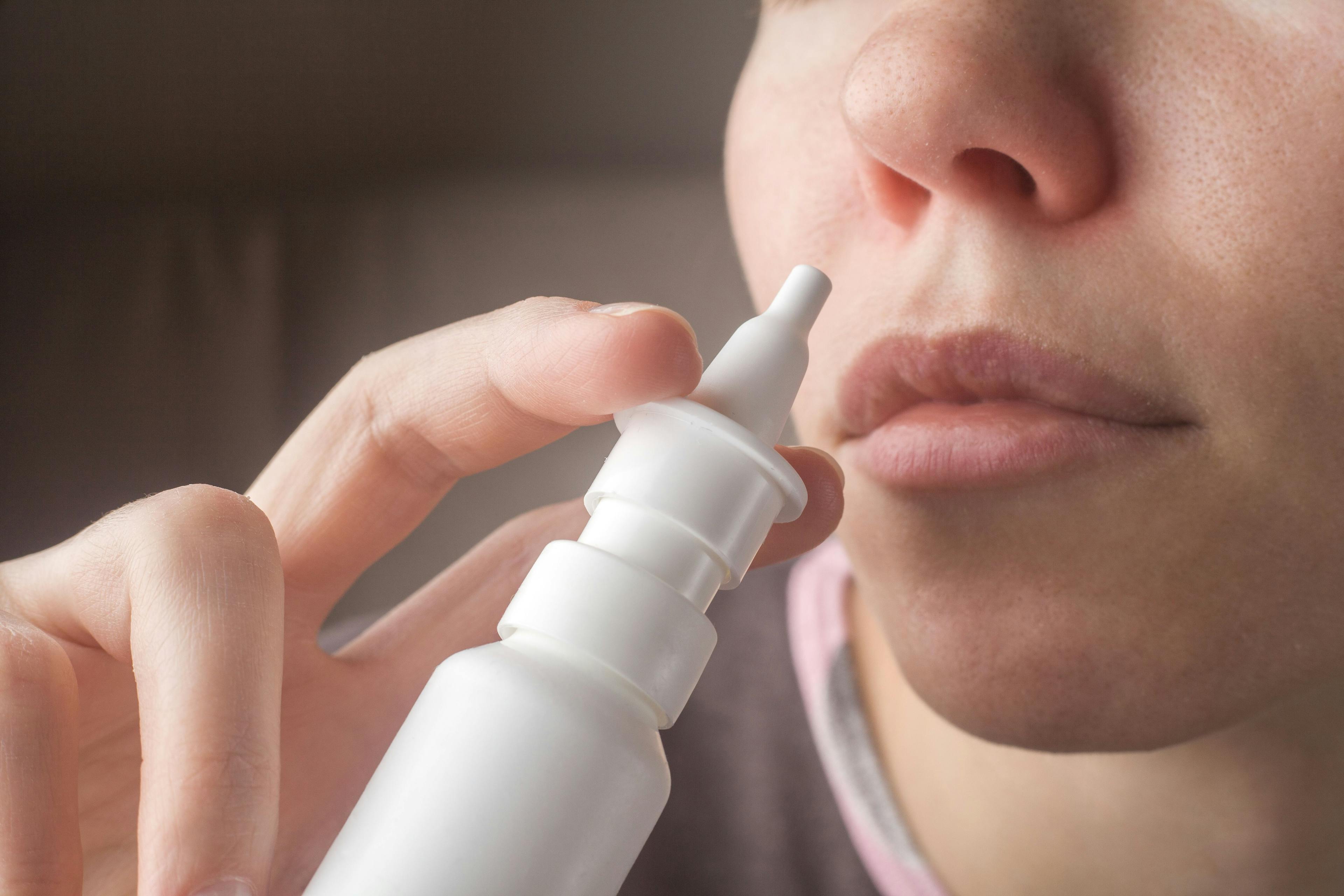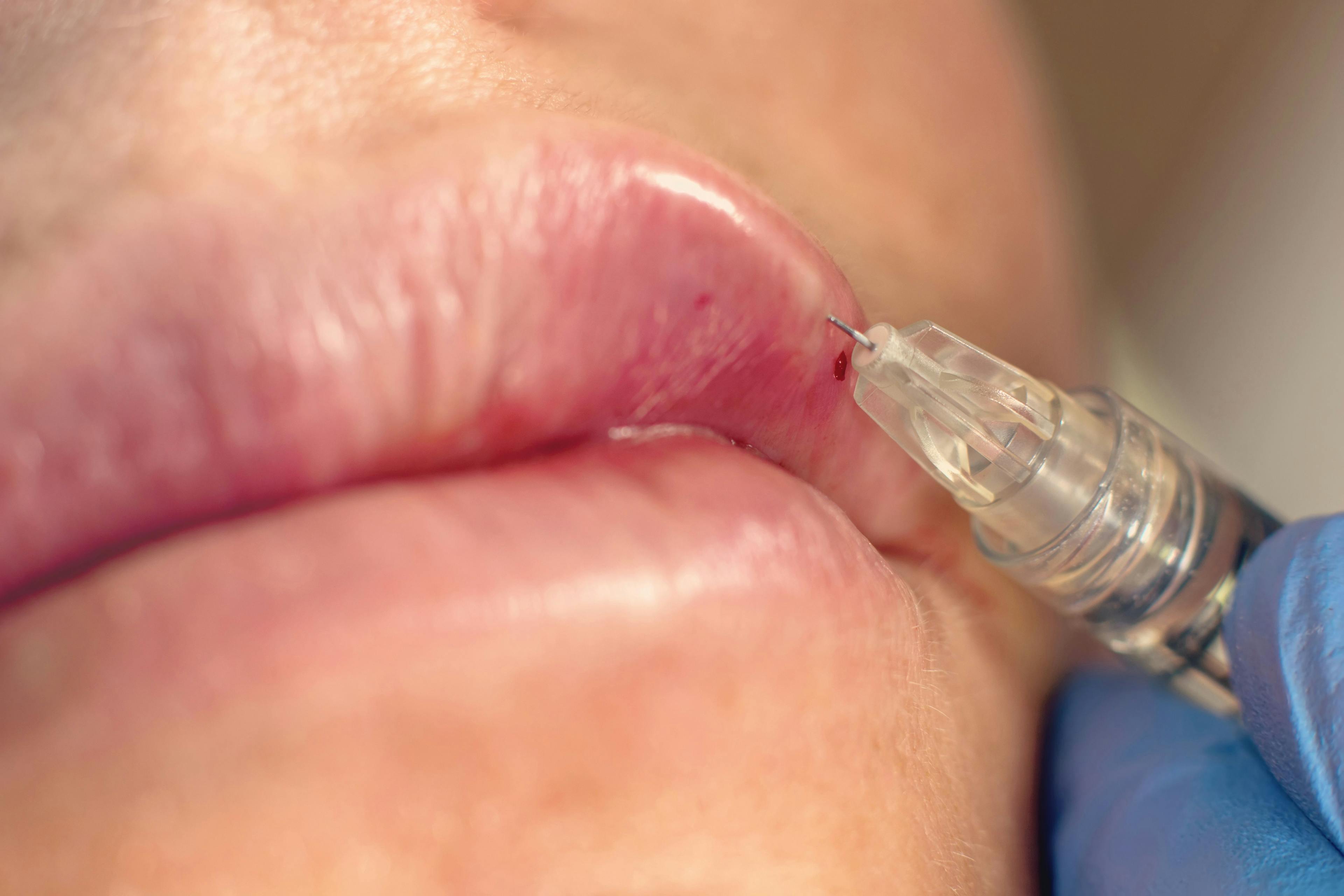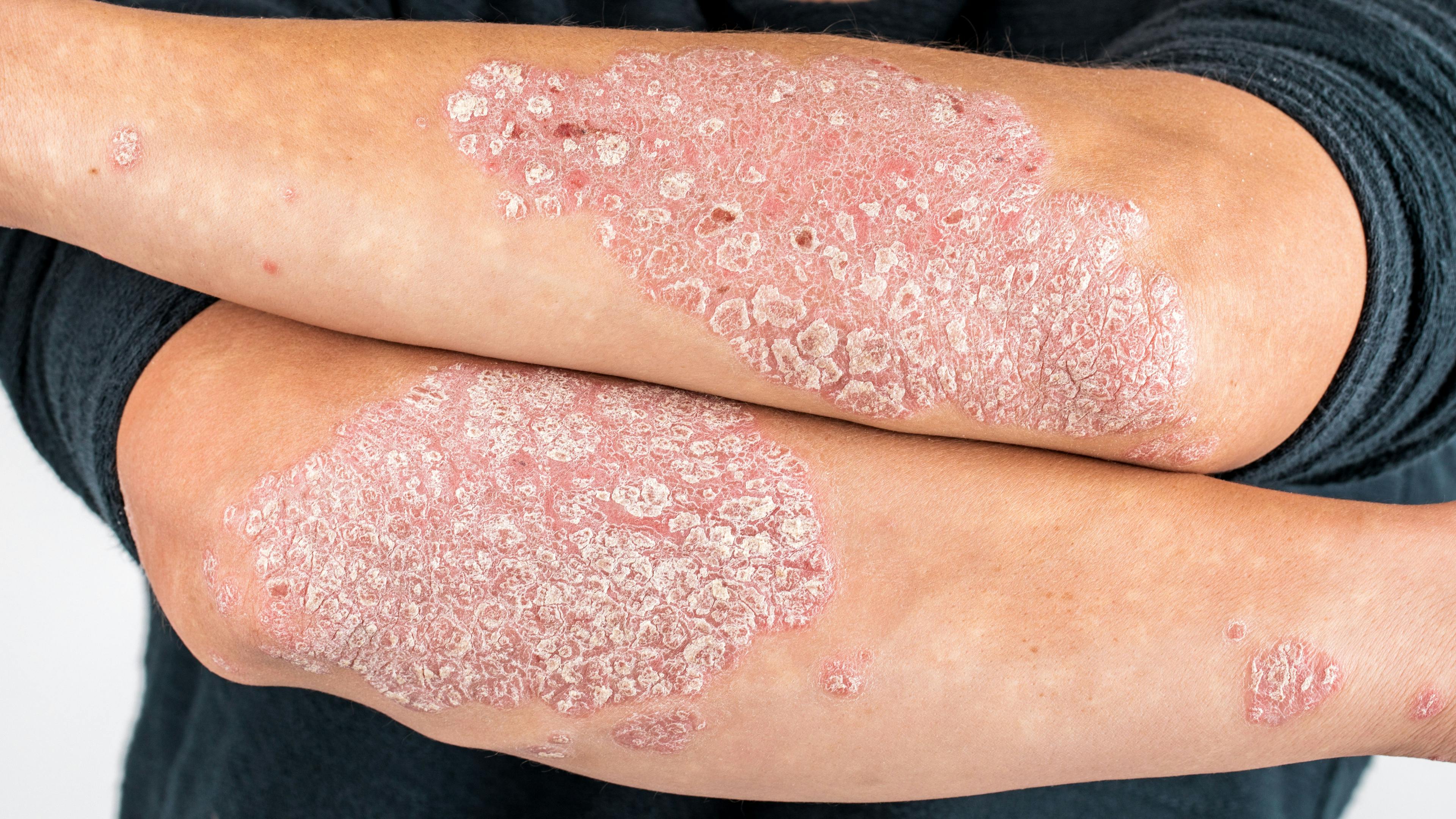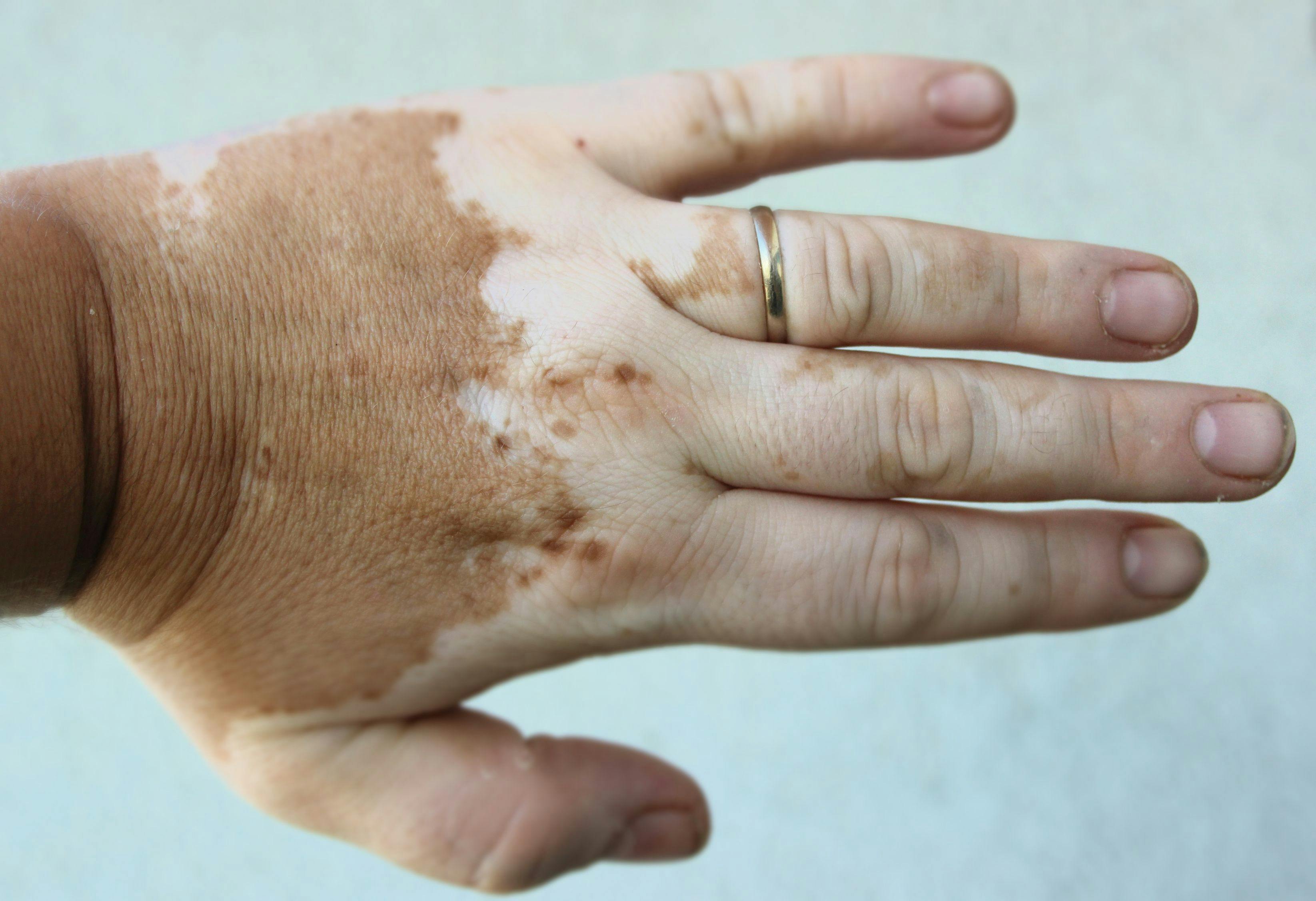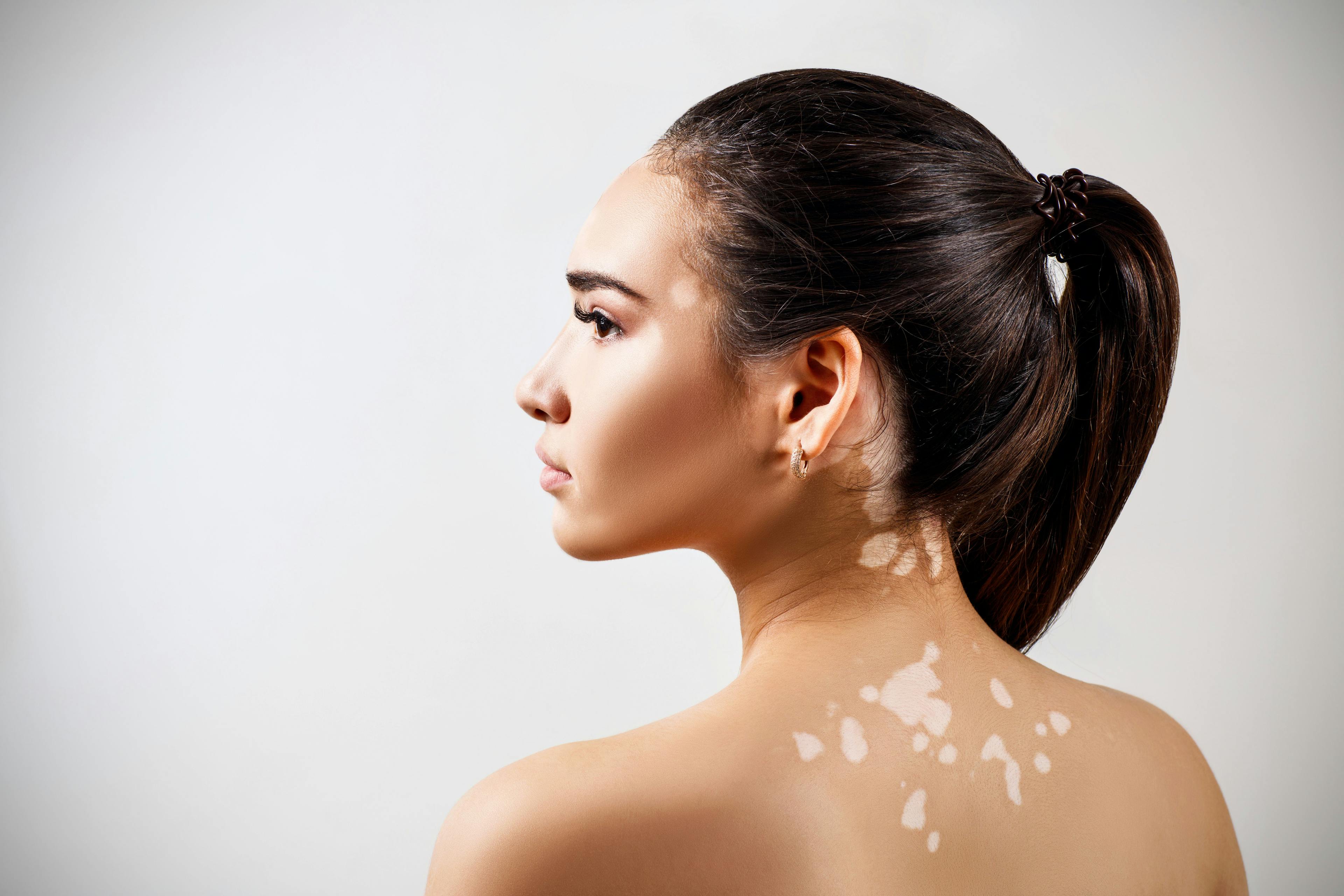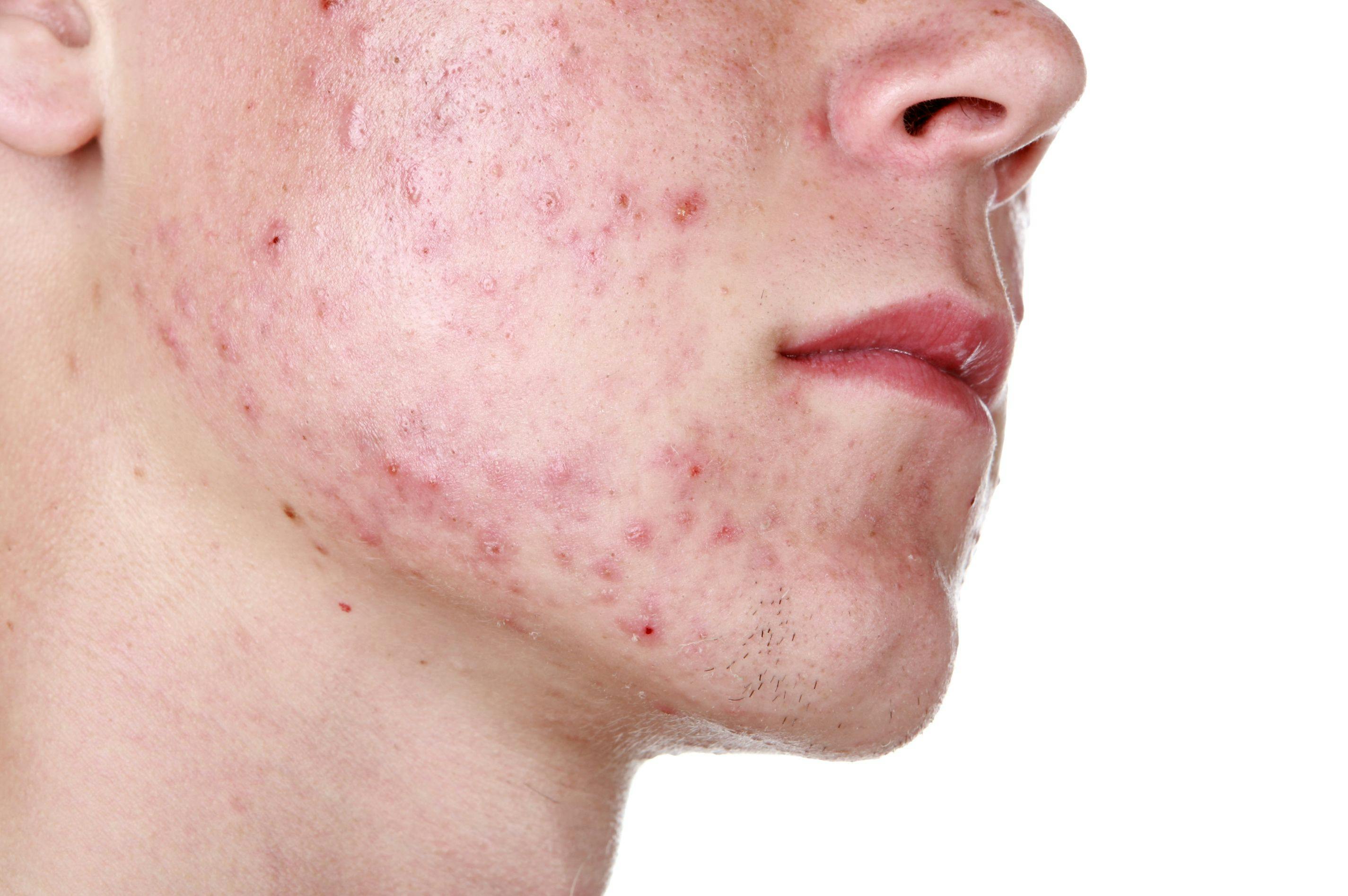- Acne
- Actinic Keratosis
- Aesthetics
- Alopecia
- Atopic Dermatitis
- Buy-and-Bill
- COVID-19
- Case-Based Roundtable
- Chronic Hand Eczema
- Chronic Spontaneous Urticaria
- Drug Watch
- Eczema
- General Dermatology
- Hidradenitis Suppurativa
- Melasma
- NP and PA
- Pediatric Dermatology
- Pigmentary Disorders
- Practice Management
- Precision Medicine and Biologics
- Prurigo Nodularis
- Psoriasis
- Psoriatic Arthritis
- Rare Disease
- Rosacea
- Skin Cancer
- Vitiligo
- Wound Care
Publication
Article
Dermatology Times
Will Kirby, DO, FAOCD, Talks With Dustin Portela, DO, FAAD
Author(s):
Will Kirby, DO, FAOCD, talks with Dustin Portela, DO, FAAD, about TikTok, what being a KOL really means, and the biggest aesthetic myth in the industry right now.
Dustin Portela, DO, FAAD
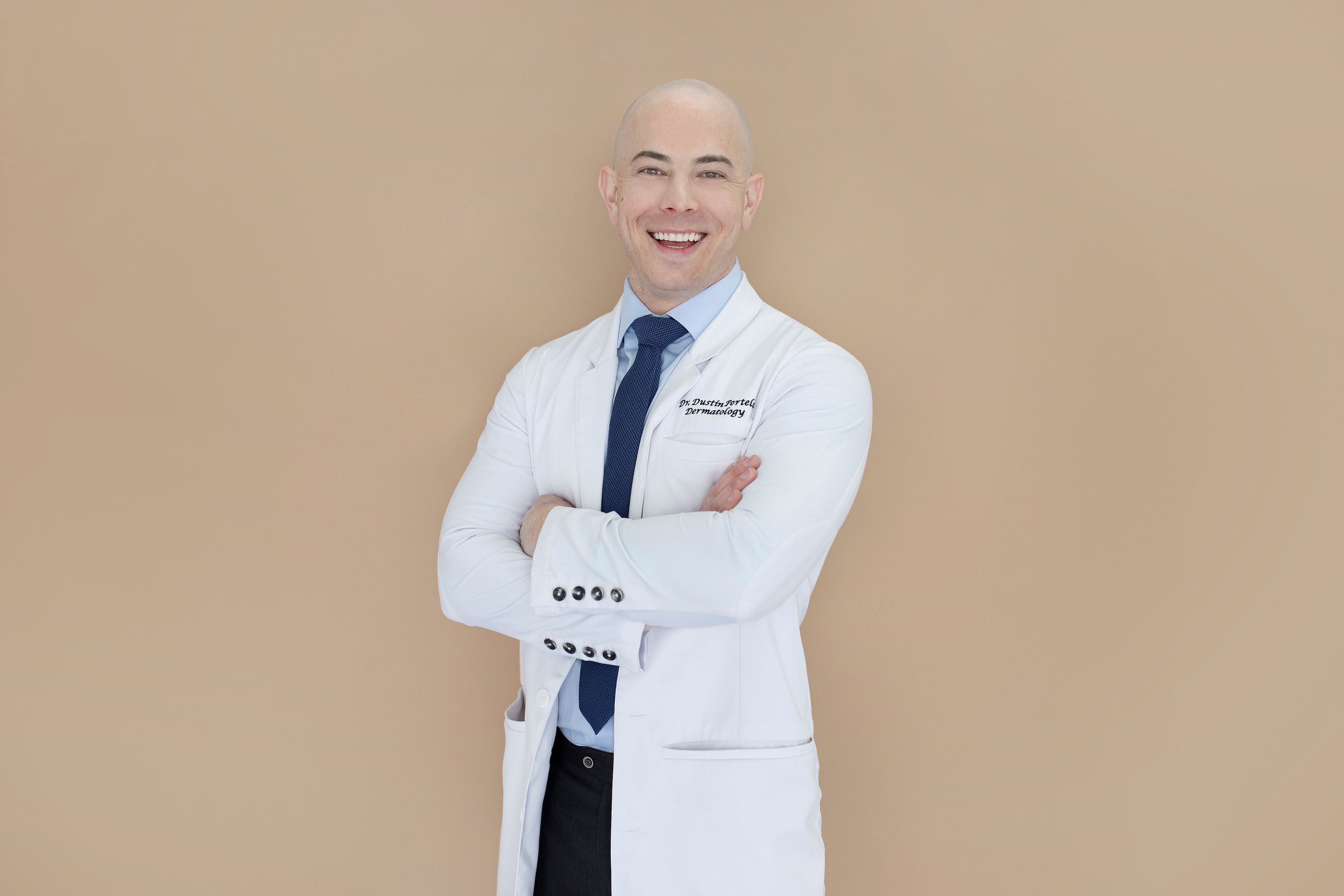
Dr. Dustin Portela is a board-certified dermatologist and Mohs micrographic surgeon. He completed his dermatology residency in 2017 at Michigan State University Beaumont Hospital System in Trenton, Michigan. In 2018 he founded Treasure Valley Dermatology as the premier dermatology practice in the Boise, Idaho area. He has a passion for preventive dermatology and has taken that passion online where he educates his millions of followers on social media how to take better care of their skin and overall health with an emphasis on skin cancer prevention.
Dr. Portela, you are now very well known to the dermatology community because of your branding, marketing, and social media acumen, but let’s begin earlier. Can you please tell us a little about your backstory?
I grew up in a small Idaho farming community where my father was a science teacher at the local high school. At an early age he instilled in me a curiosity and love for science and the health professions. I attended Idaho State University and graduated in the honors program with a bachelors in zoology on my way to Des Moines University in Iowa for medical school.
And what specifically led you to a dermatology career path?
I became fascinated with dermatology as a college student when I shadowed a Mohs surgeon. Seeing the art of facial reconstruction first sparked my interest in aesthetics and as I entered residency that spark blossomed into a passion.
What adversity did you have to overcome on your journey?
My first job out of residency was a disaster. I had purchased a house, refinanced my student loans, and put down roots for my family in a new community and I found myself giving notice to leave my first job after the first 2 months! I panicked but it had to be done. The situation caused me to work diligently to establish my own practice with a determination to succeed.
And is that how you first got started with social media?
Social media started as a way to bring in patients to my clinic. It was a startup clinic after abruptly leaving my first job. Initially I had great success when I hired a local influencer to attend my grand opening. I saw that her influence brought in dozens of new patients, and I decided to attempt it myself. I began to research and learn how to be successful on the various social platforms, and the book Crushing It by Gary Vaynerchuck taught me the value of building a personal brand through social media. It took some trial and error to get my groove, but eventually success started to come.
Which social media platform is currently the most coveted?
I really got my social media start through TikTok and that remains my most popular platform. Currently I have 2.2 Million followers on TikTok with my top videos reaching over 30 million views.
When did you realize that you were one of, if not the, most influential dermatologist in the world?
I knew that I was one of the biggest dermatologists on TikTok after I'd been on the platform for about a year. However, it wasn't until an article was published in the Journal of the American Academy of Dermatology (JAAD) when I saw my name next to Dr. Sandra Lee (aka DrPimplePopper) that I realized I had made great strides in becoming an influential dermatologist. https://www.jaad.org/article/S0190-9622(21)00890-2/fulltext#relatedArticles
Not to take anything away from Dr. Lee because she is clearly a marketing genius, but I wonder if you are being too humble, because one might argue that your scope of skincare advice is much wider and thus, more meaningful. Now, what advice do you have for your fellow dermatologists reading this article who want to build their own meaningful on-line social media presence?
There is a temptation to wait until you have perfected the art of creating videos. Many wait until they feel comfortable on camera, have better lighting, or better sound. The reality is that if you wait until you think it will be perfect you will never start. The most important thing is to just begin. Publish that first video, podcast, post, or blog. Allow your content to evolve as you learn, but you must get started today. In short, you don't have to be perfect, you just have to start.
I frequently hear of dermatologists grumbling about other dermatologists or non-dermatologists giving out skincare advice on social media. Personally, I'm a huge believer in first amendment rights, contend that everyone should have a voice, and feel that the best way to combat misinformation is with robust education. But I'm curious to know where you stand on this hot topic.
I'm sure there are always times when we wish we could be the only ones that could control the flow of skincare information. Although I've seen plenty of misinformation about skin health, I maintain that everyone should be able to share their knowledge and viewpoints. There are plenty of dermatologists who were against me and other dermatologist influencers from being on social media in the first place. The reality is that many non-dermatologist influencers are knowledgeable and have valuable personal insights to share. As dermatologist-influencers bridge that gap between science and skincare we enhance the conversation and can provide gentle course correction to influencers when needed if we foster good relationships with them. I believe anyone with a desire to share their point of view should do so, and I encourage them to work hard to be knowledgeable in the subject.
Very well put. What resources (technology, human resources, staff education, marketing, etc.) should aesthetic providers invest in right now?
Subscriptions seem to be the model of most successful business right now. Finding software that allows patients to be on a subscription with the office to prepay for services will be increasingly valuable in my opinion. These solutions can track patient purchases, allow targeted advertising, and reward your most loyal patients.
What aesthetic patient demographic do you believe is the most coveted? Has this always been the case? Is this shifting?
The early retirees are the most coveted in my opinion. They often have the additional income that allows them to pursue aesthetic treatments. In addition, with expert work you can make big improvements in their appearance where the patient and the doctor can have a great deal of satisfaction.
Telehealth exploded during the pandemic. Is it here to stay?
Telehealth is here to stay. It has become a competitive landscape now and we are seeing a lot of technological innovation to make the systems better for patients and providers.
What keeps you up at night?
Currently I worry about staffing issues in my clinic. We have great assistants and nurses, and the cost of living and their demand for raises (which they need) are causing strain on offices who are seeing overhead go up while reimbursements remain flat or decline.
What is the biggest myth in the aesthetic industry?
I think many young physicians believe they need to buy many devices to be competitive. This is not the case. We started with neurotoxin, small orders of dermal fillers, and microneedling. We didn’t purchase a laser for over a year, but at that time we had a great following of patients who trusted us. Importantly we didn’t overextend our finances during the critical startup period. We became very good at the limited services we offered and only added as we were able to.
Why are we seeing so many new aesthetic products fail to launch properly?
In my opinion, some companies see clinics only as a revenue source, rather than true partners in innovation and patient treatment. This has led them to disparage doctors at their sales meetings, overcharge them for devices, and continue to squeeze them on overpriced consumables. It doesn’t take long for these companies, or the reps who employ dishonest tactics, to no longer be trusted when future innovations are brought to market.
Very true and a related topic is the specific physicians that the companies repeatedly employ. Rather than merit-based promotion, our industry, through “KOLs” seems to propagate nepotism and cronyism which, one might argue, undermine credibility and integrity. The good news is that it seems like our industry is now slowly starting to hold physician spokespeople more accountable when they make bad endorsements. But what can we do to break that vicious cycle even faster?
I find that many aesthetic companies promise the title of “KOL” on young physicians with the purchase of a device. This is often a ploy to stroke the ego of the provider while getting them to overpay for a device. If companies want to recruit new KOLs they truly need to support young physicians to help participate in the studies, to pay more competitively for real KOL activities, and make the title mean something. I think a good solution could be a mentorship program matching promising young physicians with revered thought leaders to foster their growth and expertise.
With so much confusion in the industry, where do you personally go for trusted aesthetic information? Having a mentor or 2 I can reach out to in times of need has been incredibly valuable for me.
I knew that was coming and I absolutely love the time-honored tradition of teaching and mentoring our fellow health care providers. But what advice do you have for people in the aesthetic space to avoid ‘burnout’?
Set boundaries for your personal time. You don’t have to squeeze in every patient, or every staff treatment. Make sure you are caring for yourself in meaningful ways. This can be hard for many of us as Type-A overachievers, and I think we often learn this lesson the hard way.
What advice do you have for someone not in the industry who wants to enter the field of aesthetics but doesn't know where to start?
Don’t take shortcuts to training. The money will come but you must make sure you are confident in treating a patient safely and are prepared to manage any complications If you took shortcuts to obtain meaningless certificates at mediocre conferences, you will not be prepared to give your patients the best.
As a well-known expert in our industry, you are in a very powerful position, people respect your voice and are looking at you to lead. If you could inspire a movement in our industry, what would it be?
Aesthetic medicine is not just superficial. I’m passionate about improving the health of patients on the inside and out and love counseling my patients on better sleep, nutrition, and fitness protocols to look and feel their best. I’d love to see more of an emphasis on improved metabolic health.
What does your aesthetic legacy look like?
I would like to be seen as a leader who not only led in aesthetics, but in the overall health optimization of patients.
Dr. Portela, we so greatly appreciate your time and thoughtful answers. How can readers get more aesthetic expert information from you?
I’m all over social media! My handles are all @drdustinportela
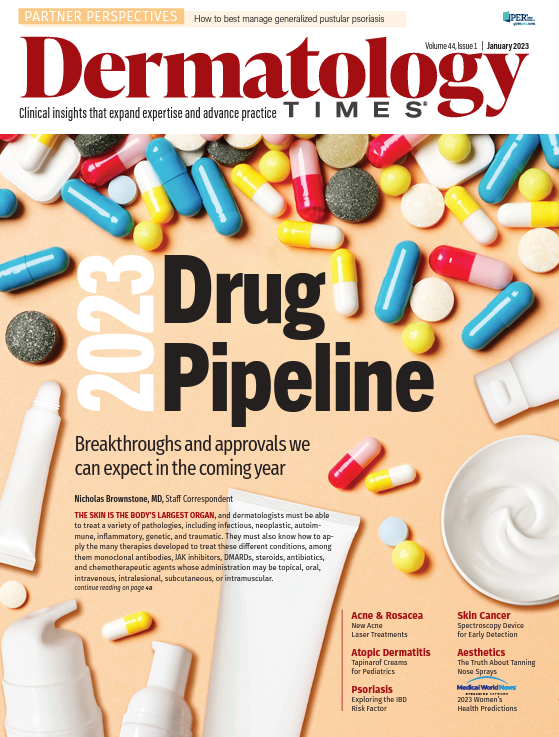
Newsletter
Like what you’re reading? Subscribe to Dermatology Times for weekly updates on therapies, innovations, and real-world practice tips.


